- گھر
- صنعتیں
- صنعتیں
- Fang Kuai بوائلر آن ڈیمانڈ پیش کرتا ہے۔, صنعتی اور تجارتی ایپلی کیشنز کے لیے ماڈیولر بھاپ کے حل جن میں گرمی کے لیے بھاپ کی ضرورت ہوتی ہے۔, نس بندی, نمی, اور مزید.
- مصنوعات
- عالمی معاملہ
- ہمارے بارے میں
- خبریں
- رابطہ کریں۔





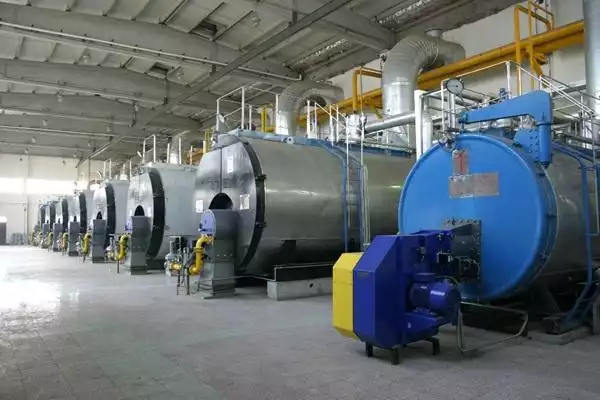
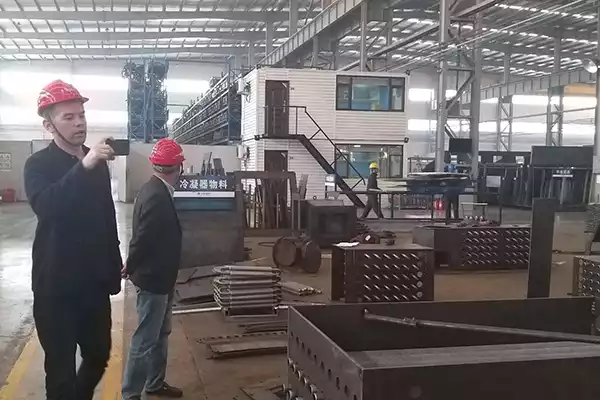
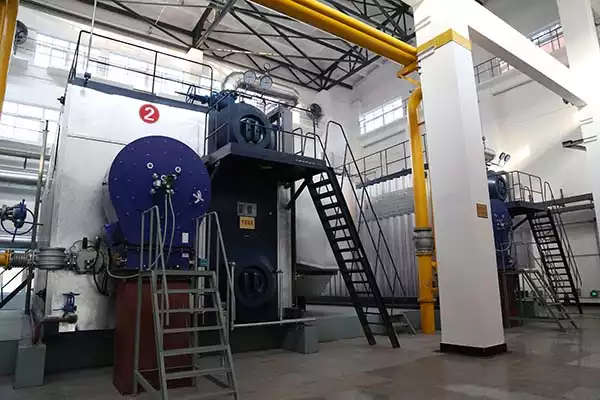
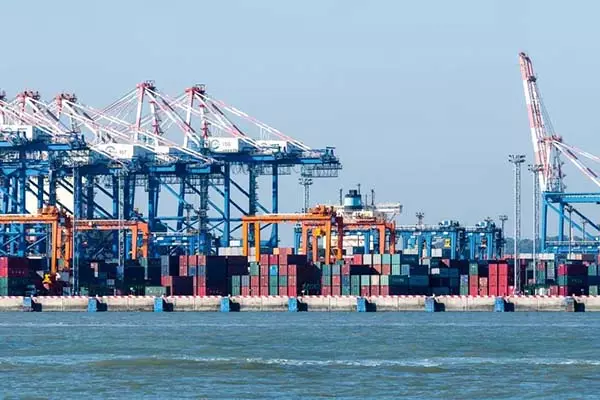
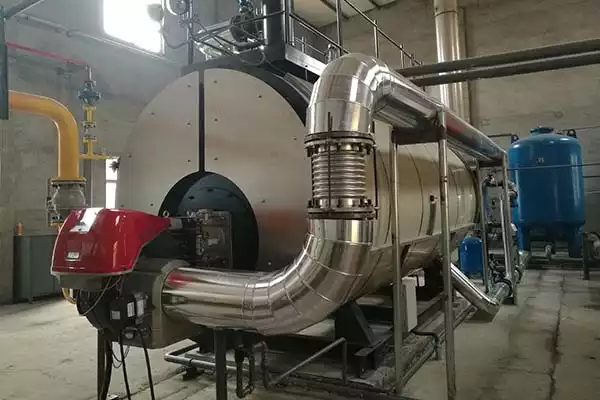
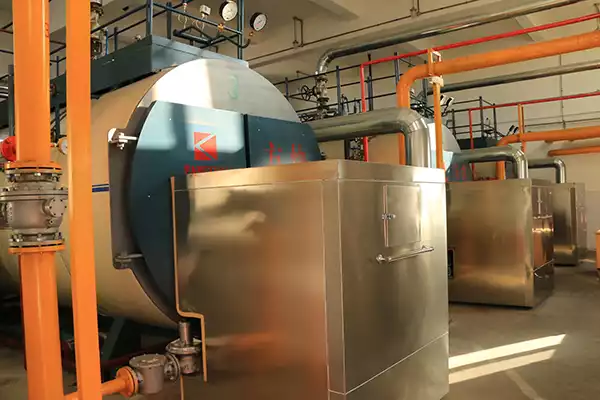
.jpg)



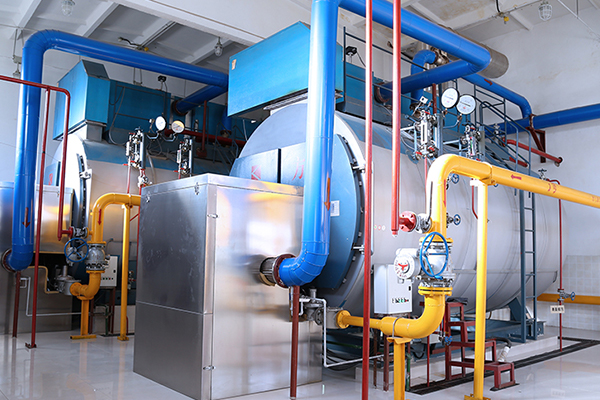
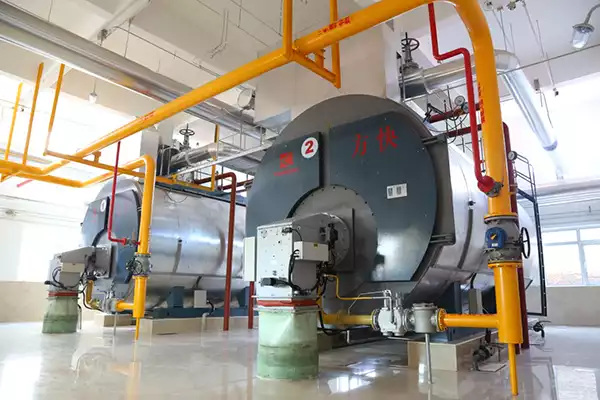
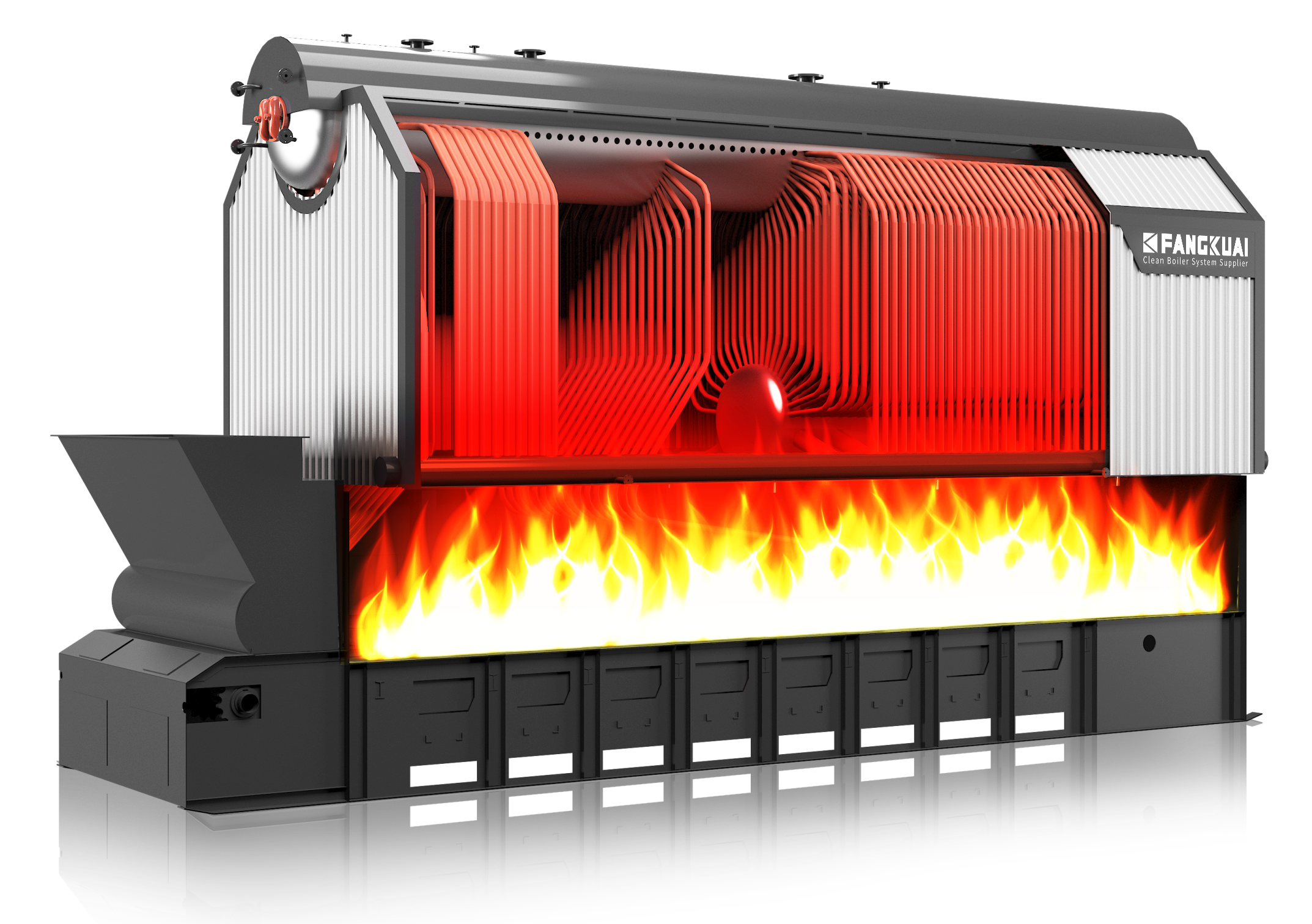
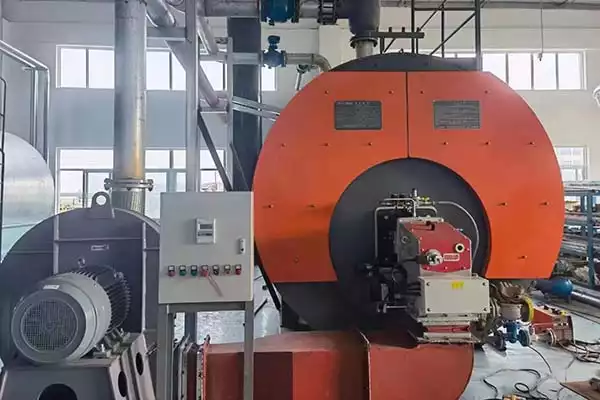
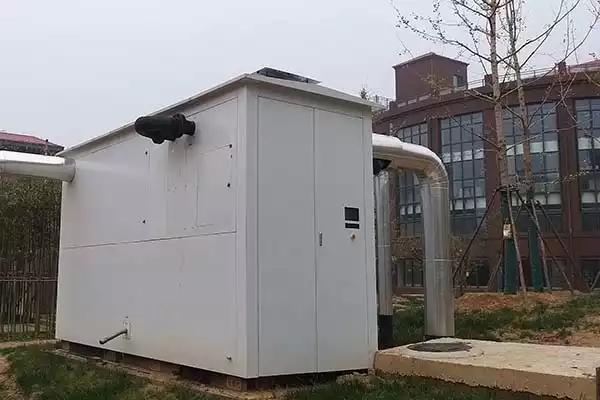
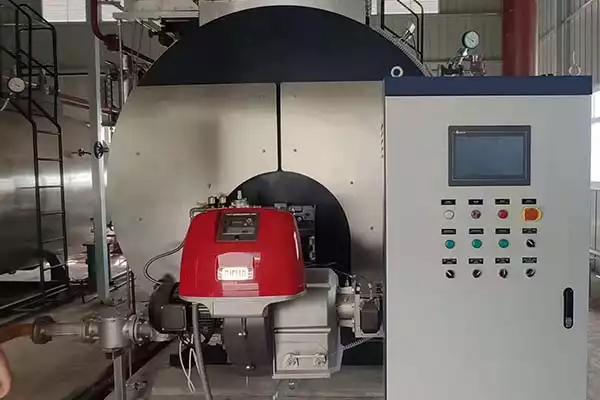
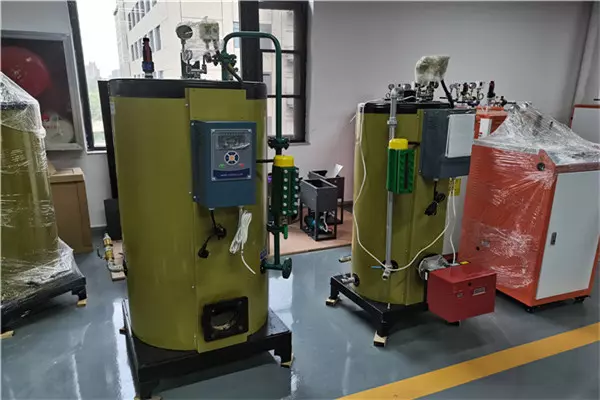
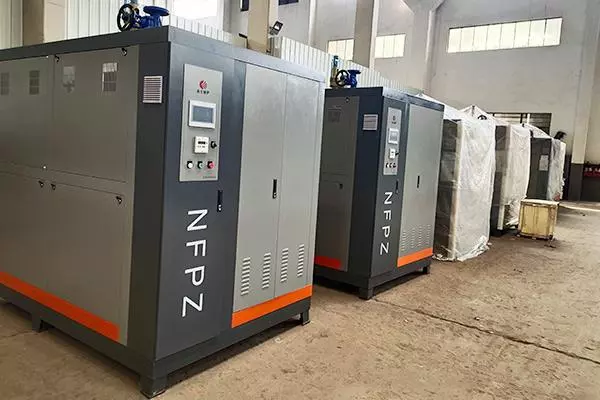



ویہمارے گاہک کے جائزے
"Fangkuai کے معاون آلات نے میرے بوائلر سسٹم کو اور بھی بہتر بنا دیا ہے۔. سامان کا معیار غیر معمولی ہے اور قیمتیں بہت مناسب ہیں۔. آلات نے میرے بوائلر سسٹم کی کارکردگی اور کارکردگی کو بہتر بنانے میں مدد کی ہے۔, جس کی وجہ سے لاگت میں نمایاں بچت ہوئی ہے۔. میں Fangkuai کے معاون آلات کی سفارش کرتا ہوں کسی ایسے شخص کو جو اعلیٰ معیار کے بوائلر لوازمات کی ضرورت ہو۔"
میریک
برطانیہ"میں نے اپنی فیکٹری کے لیے فینگکوئی اسٹیم بوائلر خریدا اور یہ مہینوں سے بے عیب کام کر رہا ہے۔. مواد کا معیار اور بوائلر کی تعمیر متاثر کن ہے۔. یہ بہت توانائی کی بچت بھی ہے۔, جس نے ہمیں اپنے توانائی کے بلوں پر رقم بچانے میں مدد کی ہے۔. میں Fangkuai کی مصنوعات کی ہر اس شخص کو سفارش کرتا ہوں جسے قابل اعتماد اور موثر حرارتی حل کی ضرورت ہو۔"
جان
امریکا"Fangkuai سے بھاپ کا بوائلر میرے فوڈ پروسیسنگ کے کاروبار کے لیے بہترین ہے۔. یہ ہماری تمام ضروریات کو پورا کرتا ہے اور بہت قابل اعتماد ہے۔. مواد کا معیار اور بوائلر کی تعمیر غیر معمولی ہے۔. یہ چلانے اور برقرار رکھنے میں بھی بہت آسان ہے۔, جس نے ہمیں دیکھ بھال پر وقت اور پیسہ بچانے میں مدد کی ہے۔. میں Fangkuai کے بھاپ بوائلرز کی سفارش کرتا ہوں کسی ایسے شخص کو جو قابل اعتماد حرارتی حل کی ضرورت ہے۔"
جیسن
برازیل"میں نے اپنی فیکٹری کے لیے فینگکوئی اسٹیم بوائلر خریدا اور یہ مہینوں سے بے عیب کام کر رہا ہے۔. مواد کا معیار اور بوائلر کی تعمیر متاثر کن ہے۔. یہ بہت توانائی کی بچت بھی ہے۔, جس نے ہمیں اپنے توانائی کے بلوں پر رقم بچانے میں مدد کی ہے۔. میں Fangkuai کی مصنوعات کی ہر اس شخص کو سفارش کرتا ہوں جسے قابل اعتماد اور موثر حرارتی حل کی ضرورت ہو۔"
جان
امریکا"Fangkuai کے بھاپ جنریٹر بہترین ہیں۔. وہ استعمال کرنے میں بہت آسان ہیں اور کم سے کم دیکھ بھال کی ضرورت ہوتی ہے۔. Fangkuai میں کسٹمر سروس بھی غیر معمولی ہے۔. وہ بہت ذمہ دار ہیں اور ہمیشہ مدد کرنے کو تیار ہیں۔. بھاپ جنریٹرز کی توانائی کی کارکردگی بھی قابل ذکر ہے۔, جس نے مجھے اپنے توانائی کے بلوں پر پیسے بچانے میں مدد کی ہے۔. میں Fangkuai کے بھاپ جنریٹرز کی انتہائی سفارش کرتا ہوں۔"
ماریہ
سپین"Fangkuai میں کسٹمر سروس اعلی درجے کی ہے۔. انہوں نے میری ضروریات کے لیے بہترین بوائلر کا انتخاب کرنے میں میری مدد کی اور پورے عمل میں زبردست مدد فراہم کی۔. تنصیب کا عمل بھی بہت ہموار تھا اور بوائلر میری توقعات سے بڑھ گیا ہے۔. یہ استعمال کرنے اور برقرار رکھنے میں بہت آسان ہے۔, اور توانائی کی کارکردگی قابل ذکر ہے۔. میں Fangkuai کی مصنوعات کی ہر اس شخص کو سفارش کرتا ہوں جسے قابل اعتماد اور موثر حرارتی حل کی ضرورت ہو۔"
جوآن
میکسیکو"میں نے اپنی فیکٹری کے لیے فینگکوئی اسٹیم بوائلر خریدا اور یہ مہینوں سے بے عیب کام کر رہا ہے۔. مواد کا معیار اور بوائلر کی تعمیر متاثر کن ہے۔. یہ بہت توانائی کی بچت بھی ہے۔, جس نے ہمیں اپنے توانائی کے بلوں پر رقم بچانے میں مدد کی ہے۔. میں Fangkuai کی مصنوعات کی ہر اس شخص کو سفارش کرتا ہوں جسے قابل اعتماد اور موثر حرارتی حل کی ضرورت ہو۔"
جان
امریکا"Fangkuai کے بھاپ جنریٹر بہترین ہیں۔. وہ استعمال کرنے میں بہت آسان ہیں اور کم سے کم دیکھ بھال کی ضرورت ہوتی ہے۔. Fangkuai میں کسٹمر سروس بھی غیر معمولی ہے۔. وہ بہت ذمہ دار ہیں اور ہمیشہ مدد کرنے کو تیار ہیں۔. بھاپ جنریٹرز کی توانائی کی کارکردگی بھی قابل ذکر ہے۔, جس نے مجھے اپنے توانائی کے بلوں پر پیسے بچانے میں مدد کی ہے۔. میں Fangkuai کے بھاپ جنریٹرز کی انتہائی سفارش کرتا ہوں۔"
ماریہ
سپین"میں Fangkuai کے گرم پانی کے بوائلر کے معیار سے بہت متاثر ہوں۔. یہ قائم رہنے کے لیے بنایا گیا ہے اور میری توقعات سے بڑھ گیا ہے۔. تنصیب کا عمل بھی بہت ہموار تھا اور کسٹمر سروس بہترین تھی۔. گرم پانی کا بوائلر چلانے اور برقرار رکھنے میں بہت آسان ہے۔, اور توانائی کی کارکردگی قابل ذکر ہے۔. میں Fangkuai کے گرم پانی کے بوائلرز کی بہت زیادہ سفارش کرتا ہوں۔"
جیک
آسٹریلیا